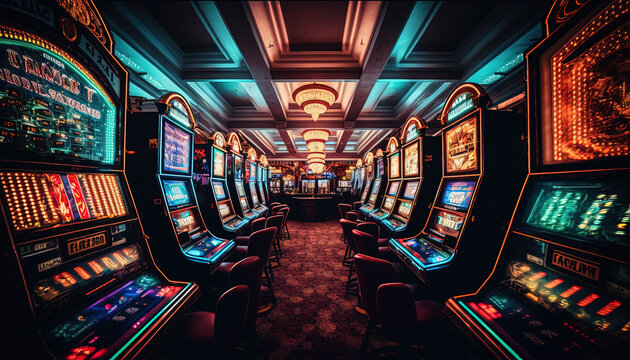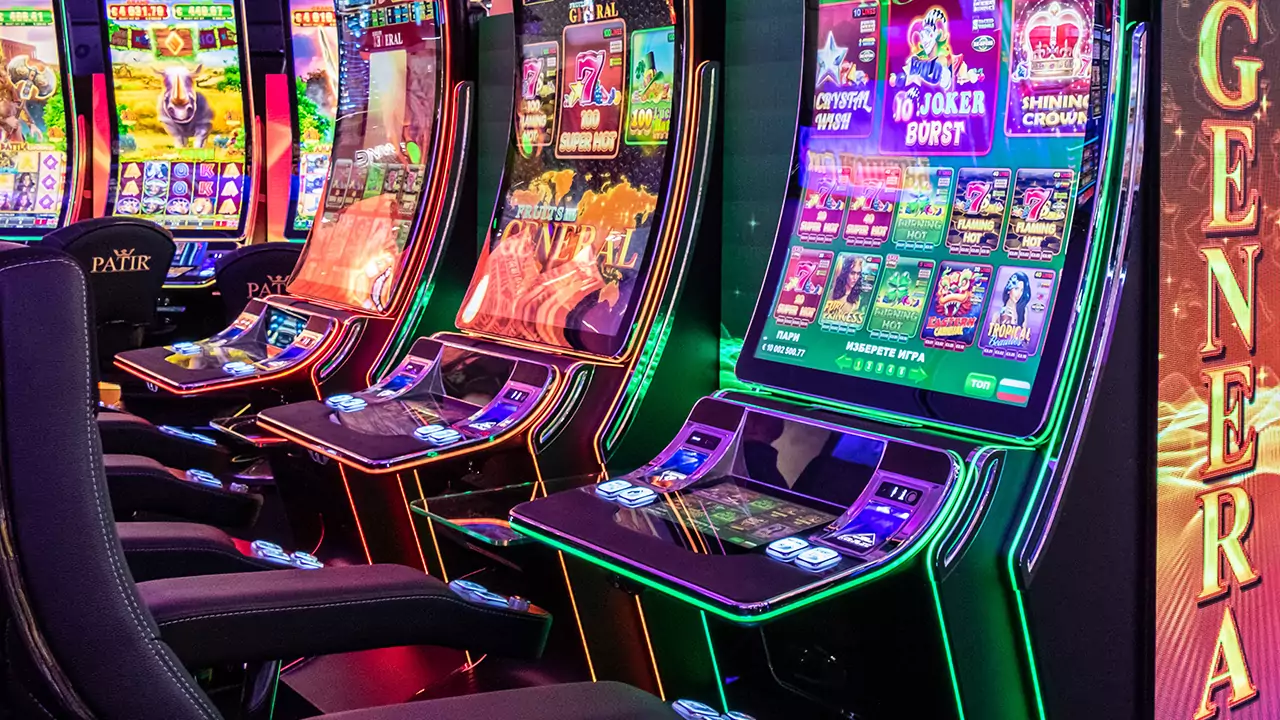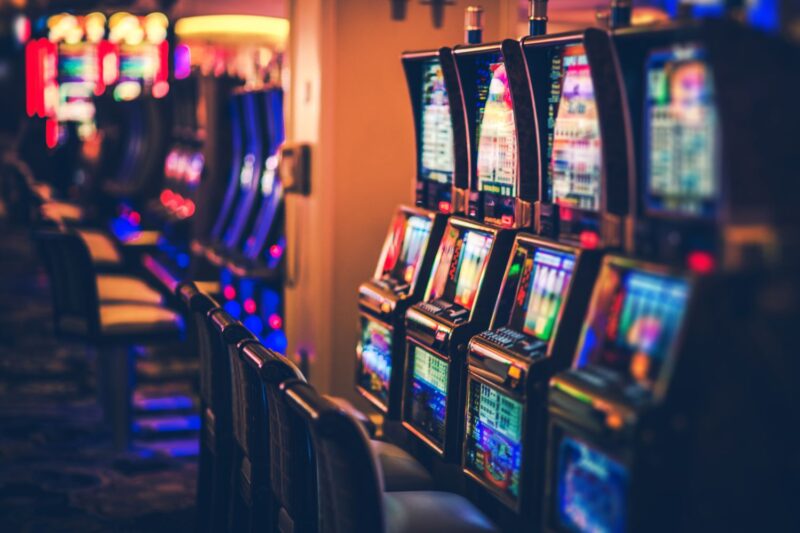Setting up a slot budget is an essential step for anyone looking to dive into the exhilarating world of slot machines without facing the risk of financial pitfalls. Often, the bright lights and intoxicating sounds of the casino can lure players into overspending, leading to regret rather than enjoyment.
However, with a little planning and a clear strategy, you can enjoy the thrill of spinning the reels while keeping your finances in check. In this article, well explore three practical tips for beginners that will help you craft a sustainable slot budget.
Whether you’re a casual player or just starting, these guidelines will empower you to make informed decisions, ensuring that your gaming experience remains fun and responsible. Let’s take a closer look at how to set yourself up for success at the slots!
1. Understand Your Financial Limits
https://encrypted-tbn0.gstatic.com/images?q=tbn:ANd9GcQZtIs-lNfF8Md9Qkl0OqCszO4lPr5lGspclg&s
Understanding your financial limits is the cornerstone of effective slot budgeting. Before you dive into the vibrant world of slot machines, take a moment to assess your financial situation.
What is the maximum amount you can afford to lose without impacting your daily life or long-term goals? It’s essential to delineate between disposable income and your essential expenses. Set a clear budget that reflects this distinction, and stick to it resolutely.
Remember, the thrill of the game can easily blur these lines; thus, having a personal financial threshold will help you enjoy the experience without undue stress. By recognizing your limits, you empower yourself to engage in the fun of slots responsibly, ensuring that entertainment remains just that—entertainment.
2. Choose Your Slot Games Wisely

Choosing your slot games wisely is crucial when setting up a slot budget, as the variety in themes, pay lines, and bonus features can significantly impact your overall experience and expenditures. Take the time to explore different games, from classic fruit machines that emit a nostalgic charm to modern video slots bursting with dazzling graphics and immersive storylines.
Understanding the return-to-player (RTP) percentages can offer valuable insights; higher RTPs generally mean better odds over time. Moreover, don’t overlook volatility—low volatility slots often provide frequent, smaller wins, while high volatility ones may yield larger payouts but less often.
By matching a game’s style with your risk tolerance and budget, you create a more tailored gaming experience that aligns perfectly with your financial goals. Remember, the right choice can not only enhance your enjoyment but also contribute to a more sustainable approach to your bankroll.
3. Establish Clear Time and Loss Limits

Establishing clear time and loss limits is a cornerstone of effective slot budgeting. Before you sit down to play, take a moment to define just how much time you’re willing to spend at the slot machines; perhaps it’s an hour, or maybe just a quick session during your lunch break.
Alongside this, set a strict monetary limit—decide on an amount that you can comfortably afford to lose without it impacting your finances or overall mood. This dual approach not only helps maintain your enjoyment but also safeguards against the exhilarating rush that can lead players to stray from their planned budgets.
Remember, sticking to these limits ensures that your gaming remains a fun escape rather than a source of stress or regret.
Conclusion
In conclusion, setting up a slot budget is an essential step for any beginner looking to enjoy the thrill of gaming while maintaining financial responsibility. By determining your budget, choosing the right machines, and setting win/loss limits, you can create a more enjoyable and sustainable gaming experience.
Remember that platforms like go89 can provide valuable resources and tools to help you manage your gambling habits effectively. By following these three tips, you can enhance your slot gaming experience while ensuring that you stay within your financial means, allowing you to have fun without the stress of overspending.


